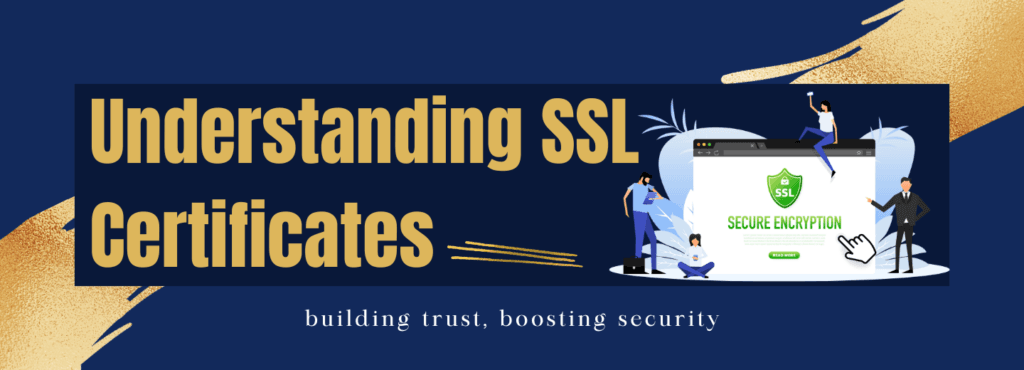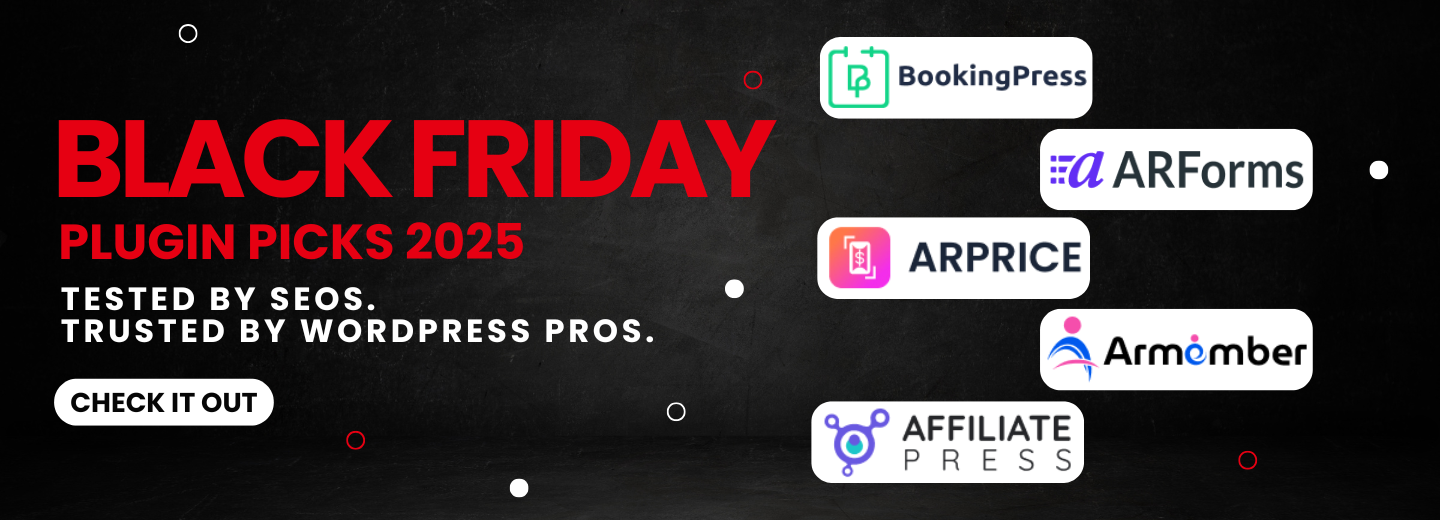What are SSL Certificates?
Have you ever wondered what that little padlock in your browser’s address bar means? That’s SSL, short for Secure Sockets Layer—a powerful security protocol designed to protect data as it travels between your website and its visitors. By encrypting sensitive information, SSL certificates ensure that hackers can’t intercept data like passwords, credit card numbers, or personal details.
Definition of SSL Certificates (Secure Sockets Layer)

SSL is the foundation of a secure internet, creating a digital “lock and key” mechanism that keeps your website safe. Modern implementations use TLS (Transport Layer Security), but the term “SSL” has stuck as a synonym for website security.
The Role of SSL Certificates in Online Security

Think of SSL as a secure tunnel—encrypting data to safeguard it from cybercriminals. It prevents eavesdropping, data tampering, and impersonation, making it a must-have for any website handling sensitive information.
How SSL Certificates Encryption Works

SSL works through a process called handshaking. When a user visits your website, the SSL certificate authenticates your server’s identity and establishes a secure connection. This allows encrypted data to flow freely, protected from prying eyes.
Why are SSL Certificates Important for Websites?
Building Trust with Your Users

A secure website is a trustworthy website. When users see the padlock or HTTPS in the address bar, they feel confident sharing their information with you. SSL certificates help establish that crucial trust factor, especially for e-commerce and financial websites.
Boosting Your SEO Performance

Did you know that SSL is a Google ranking factor? Websites with HTTPS are favoured in search engine results, giving you an edge over competitors without SSL. Secure your site to improve your SEO and attract more organic traffic.
Preventing Security Warnings and Browser Flags

Without SSL, browsers may flag your site as “Not Secure,” scaring away visitors. Modern web users are savvy—they expect a secure browsing experience. Avoid losing traffic and trust by securing your website with SSL.
Types of SSL Certificates Explained
Domain Validated (DV) SSL
A Domain Validated SSL certificate is the most basic type of SSL. It verifies that you own your domain, making it an excellent choice for personal blogs, portfolios, or small websites. It’s affordable and easy to obtain, often within minutes.
Organization Validated (OV) SSL
Looking to secure your business website? Organization Validated SSL adds another layer of credibility by validating your organization’s details. This extra trust can make all the difference for businesses handling customer information.
Extended Validation (EV) SSL
If you run an e-commerce site or financial institution, Extended Validation SSL is your best bet. It provides the highest level of validation, displaying a green address bar or your organization’s name to assure visitors of your legitimacy.
Wildcard SSL
For websites with multiple subdomains, Wildcard SSL is a cost-effective solution. It secures your main domain and all its subdomains, ensuring comprehensive protection for your entire site structure.
How to Choose the Right SSL Certificate for Your Website
Assessing Your Website’s Needs
Start by evaluating what kind of data your website handles. For simple blogs, a DV SSL may suffice, while business or e-commerce sites often require OV or EV SSL for enhanced trust.
Budget Considerations
SSL certificates come in a range of prices. Choose one that fits your budget but doesn’t compromise on the level of security required for your site’s needs.
Importance of Customer Trust and User Experience
An investment in SSL is an investment in your users’ trust. Visitors are more likely to engage with and return to a website they perceive as secure, improving your overall user experience.
Conclusion
Securing your website with SSL certificates is no longer optional—it’s essential for building trust, improving SEO, and safeguarding your visitors’ data. Whether you run a small blog or a major e-commerce platform, choosing the right SSL certificate is a step toward a safer, more successful online presence.
Want more tips? Explore our blog for in-depth guides on website security and improving your online presence!















